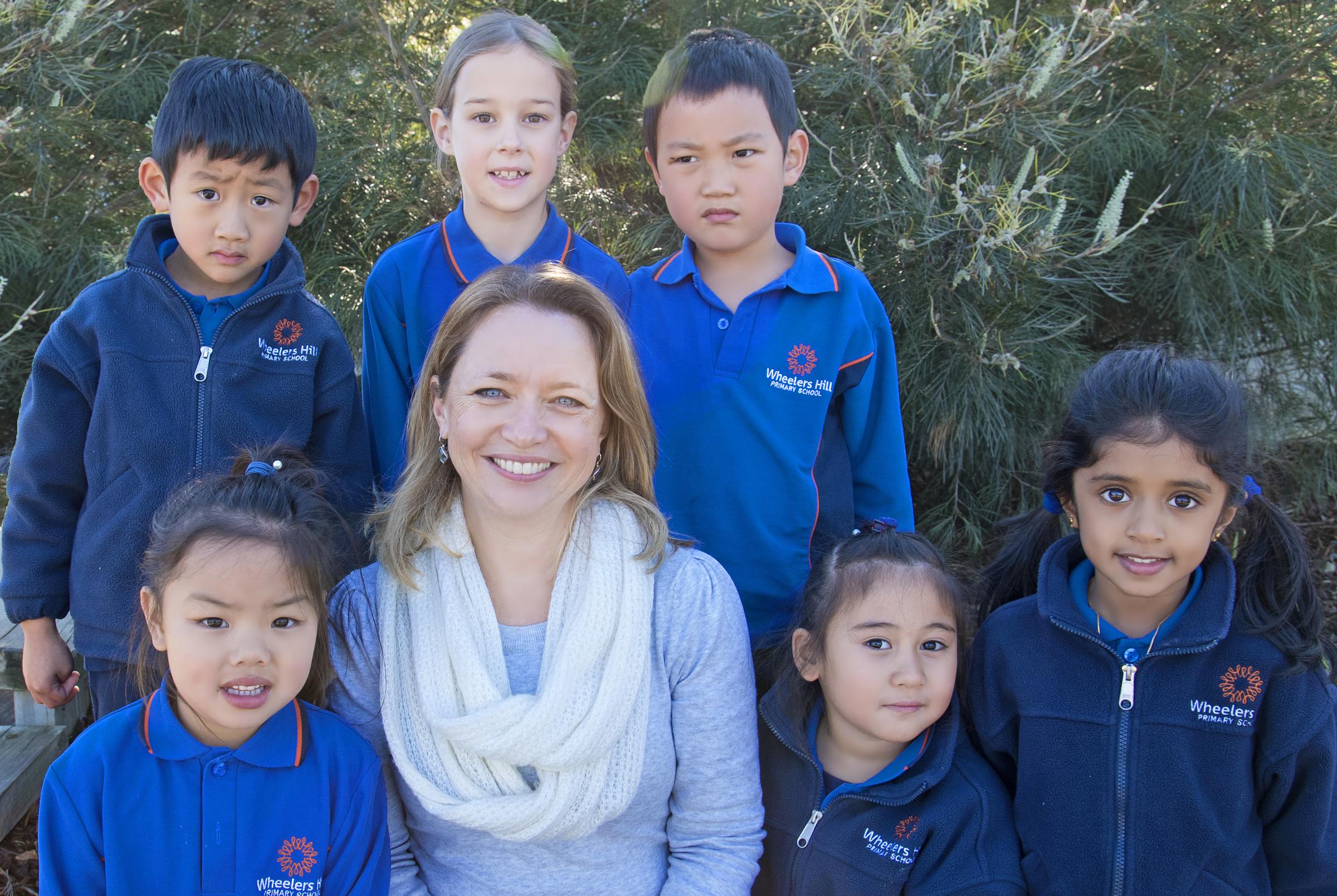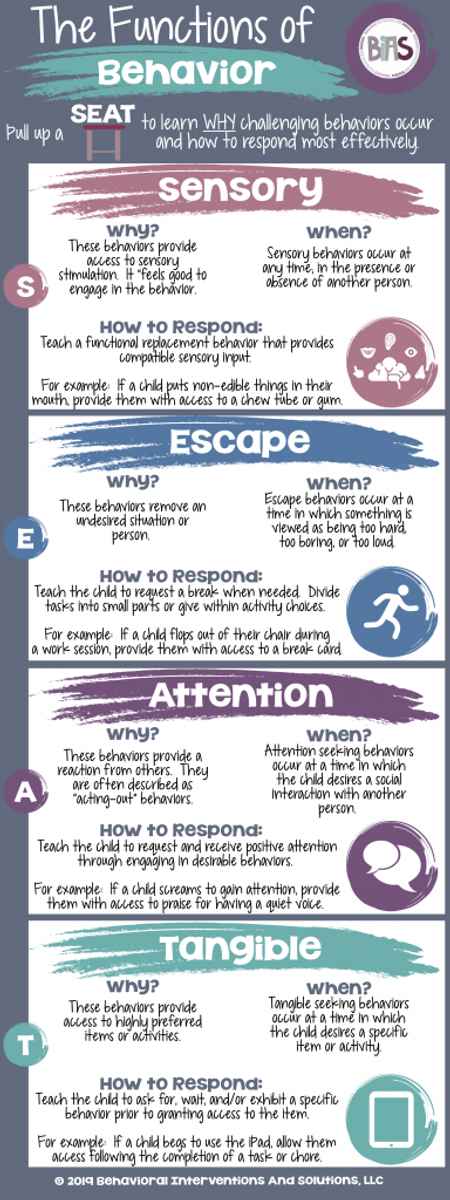Assistant Principal's Report Katrina Spicer - Wellbeing

8th May, 2020
BEHAVIOUR MANAGEMENT AT HOME
Many families are understandably finding the current extended lockdown conditions are testing their relationships with their children. We know that all behaviour has a purpose: to gain something or to avoid something. When dealing with your children's behaviour at home, ask yourself "What is the purpose of this behaviour? What is my child trying to get/avoid?" Look for patterns. Take note of when these behaviours occur, and what happens immediately before and after these behaviours. Also take a look at your own reactions to the behaviour. Are you doing anything that might be reinforcing the behaviour?
At WHPS we have very clear expectations of behaviour, and these behaviours are explicitly taught through our SWPBS program. Through the free and frequent positive acknowledgement system, we constantly recognise and praise wanted behaviours, whilst avoiding paying attention to unwanted behaviours.
This model works well in families, too. Explicitly teaching and practicing desired behaviour is important, so that children are clear on what kind of behaviour is expected. Positive acknowledgement from adults, when a child displays an expected behaviour is the most effective way of embedding this behaviour.
The following YouTube clip (follow the link) and the graphic below help to explain the functions of behaviour.
https://www.youtube.com/watch?v=Gdat31FDv5o
THE BENEFITS OF BOREDOM
Have you considered the benefits of boredom? Research has found that being bored encourages creativity and problem solving and helps children to feel good about themselves. Children benefit from working out what to do with themselves. They can let their minds wander, leading them to more creative ways of thinking. Children can daydream, explore ideas and discover personal interests or hobbies. Boredom will also help children to learn to be quiet and mindful, and to embrace and enjoy the slower pace of being on holidays.
Some children (and adults) find boredom quite challenging, so it is important that we teach our children to tolerate and even enjoy boredom. Rather than constantly providing external stimulation to children, it is far better to allow children to experience boredom, to learn to tolerate it and to find their own solutions to escape it. After all, this is a skill they will need as adults. Boredom can be a motivator for people to find something goal-focused to do for themselves; children should be encouraged to generate ideas and coping mechanisms of their own. Help your children to view these moments as opportunities rather than deficits, and encourage the development of qualities such as curiosity, perseverance, playfulness, interest and confidence.
So if your child complains of being bored, encourage them to be creative and come up with their own solutions to boredom.
Find out more by following this link to a youtube clip: https://www.youtube.com/watch?v=edTgrTz-IyQ
Katrina Spicer
Assistant Principal - Wellbeing
PARENTING IDEAS ARTICLE
Expect More from Kids in these Difficult Times
By Michael Grose
Studies show that parent expectations are a powerful predictor of student success and wellbeing. As children are required to spend more time at home over the coming months, your expectations about your children’s behaviour and performance are more critical than ever.
While there may be a temptation to shield children and young people from hardship during the current COVID-19 pandemic, this is unrealistic and out of step with current societal norms. Every segment of the community including children and young people is expected to both give something up and contribute more during the pandemic.
The greatest contribution kids can make is to help their family function as effectively as possible, look out for the wellbeing of family members and peers (using appropriate social distancing measures) and to quickly adapt to the new learning requirements from school.
As a parent you should expect your child or young person to:
Help at home
More time spent at home means more mess, more untidiness and more food to prepare. It’s reasonable to expect kids to clean up after themselves, sweep floors, wipe benches, wash dishes or empty dishwashers and also contribute in age appropriate ways to meal preparation. Consider using a weekly jobs roster for the larger tasks and avoid linking pocket money to jobs. Linking help around the house to pocket money teaches children to think “what’s in it for me?” rather than “how can I help my family out?”
Behave well
The default question for kids when living in close quarters with others should be, “How does my behaviour impact on others?” If their behaviour impacts adversely on the rights and wellbeing of others, then it’s not an appropriate behaviour. A child who continually makes a noise while in close proximity to a sibling who is studying is showing little consideration. As much as possible skill kids up to resolve relationship problems with their siblings so that you’re not continually policing their behaviour.
Look out for others
Encourage children to look after the wellbeing of fellow family members. Using age appropriate language, help children understand the signs of deteriorating mental health including sullenness, moodiness, spending more time alone, shortness of temper and dropping out of family activities. Encourage children to act with empathy and kindness when family members are struggling and discuss ways that they can help including giving them space, listening and having fun at appropriate times. By helping children to look out for the needs of others, you are also helping them to build skills in expressing the full range of their own emotions.
Stick to schedules
The use of structures and routines are an essential element of family functioning, particularly during times of change. It’s advisable to make your family schedules mirror the schedules established by your child’s school. Expect children and young people to stick to the established schedules without taking short cuts, arriving late or finishing early for online lessons. Differentiate the week by relaxing the schedule on weekends, which gives kids something to look forward to.
Show up for lessons
Expect kids to show up for school lessons with the right attitude, equipment and clothes. Wearing clothes specifically for school work helps to trigger their readiness for learning, and differentiates school time from leisure time.
Display discipline
Time spent at home requires children to self-regulate and be disciplined. I suspect that those children who do best in this time of self-isolation will be students who discipline themselves to exercise regularly, limit their use of digital devices, develop a sleep preparation routine, stick to school work routines and practise mindfulness regularly.
Expectations can be tricky to get right. Too high and children can give up. Too low and children will too easily meet them. In these challenging times when more is asked of all of us, err on the side of keeping your expectations high for your kids. They’ll more than likely rise to the new challenges that social distancing measures require of them, building their confidence, character and resilience.
| Michael Grose Michael Grose, founder of Parenting Ideas, is one of Australia’s leading parenting educators. He’s an award-winning speaker and the author of 12 books for parents including Spoonfed Generation, and the bestselling Why First Borns Rule the World and Last Borns Want to Change It. Michael is a former teacher with 15 years experience, and has 30 years experience in parenting education. He also holds a Master of Educational Studies from Monash University specialising in parenting education.
|


